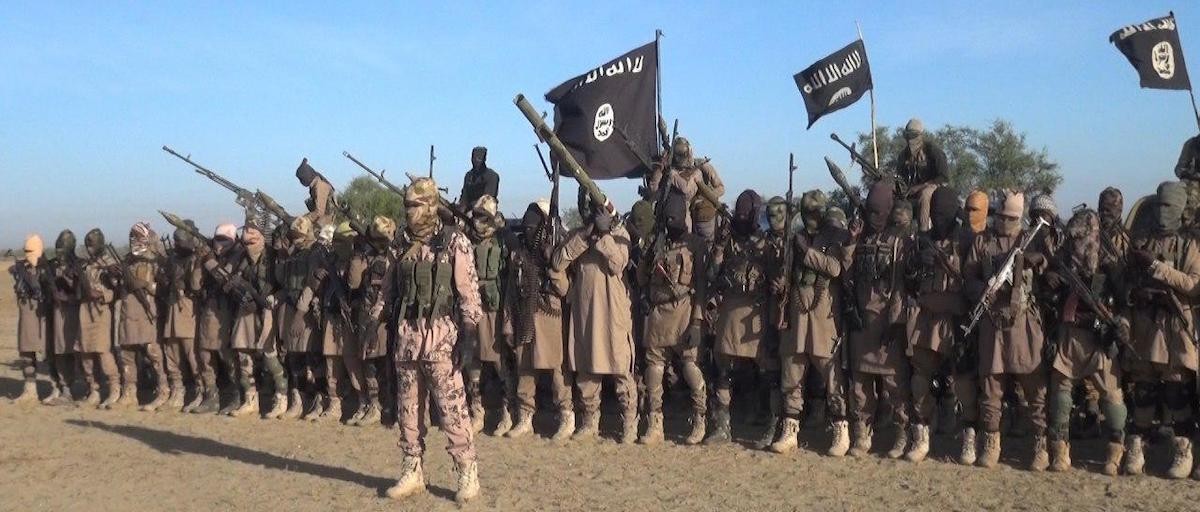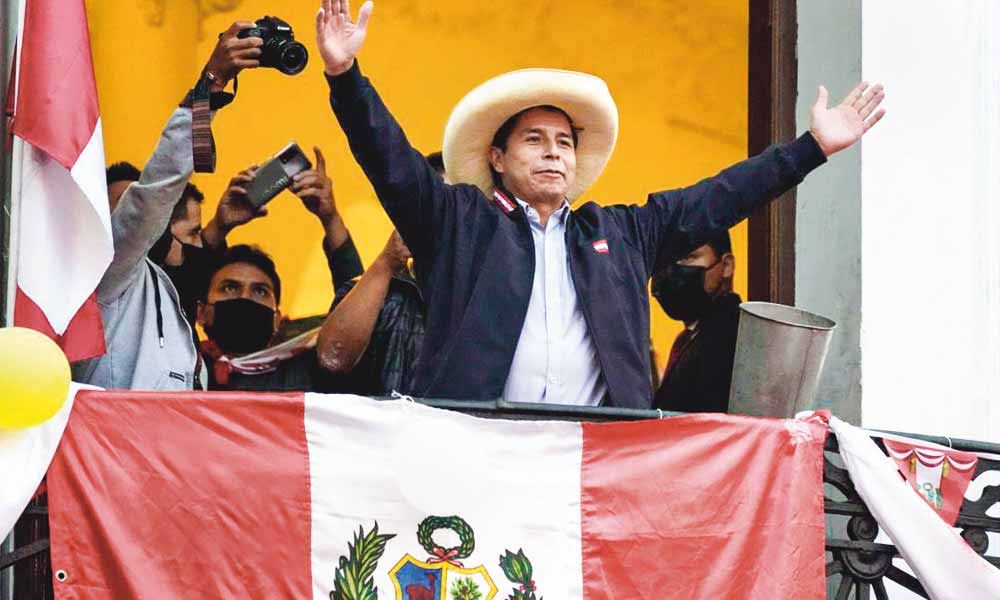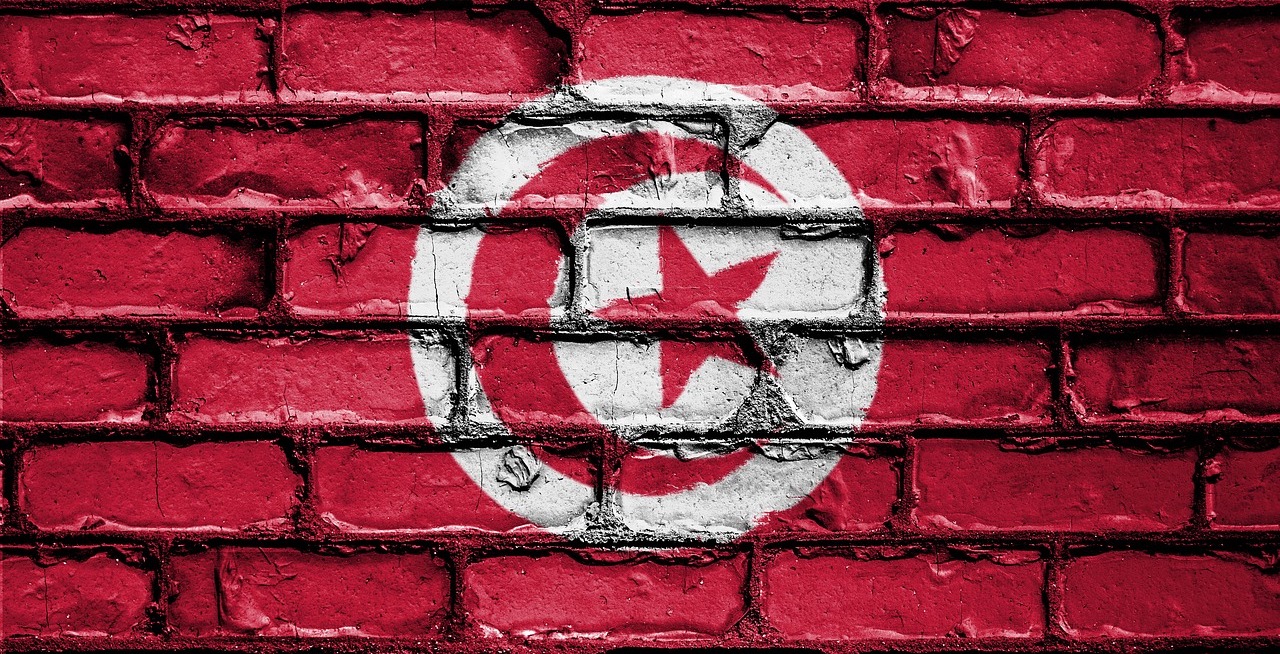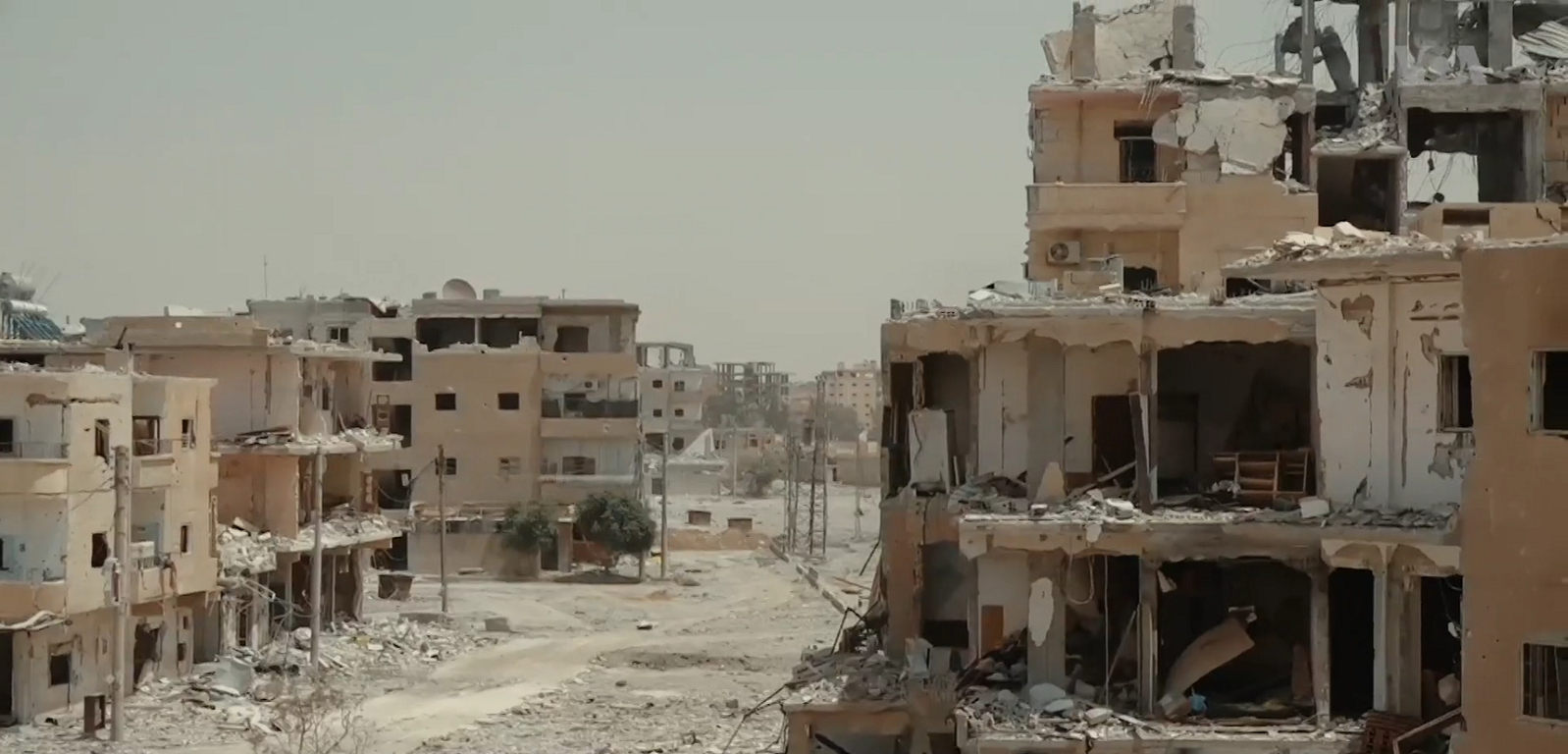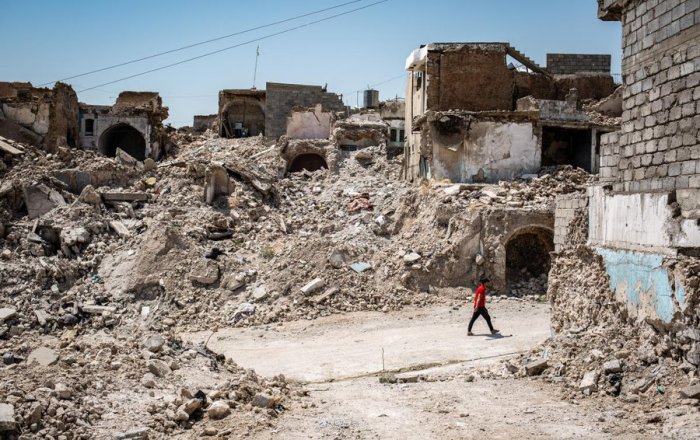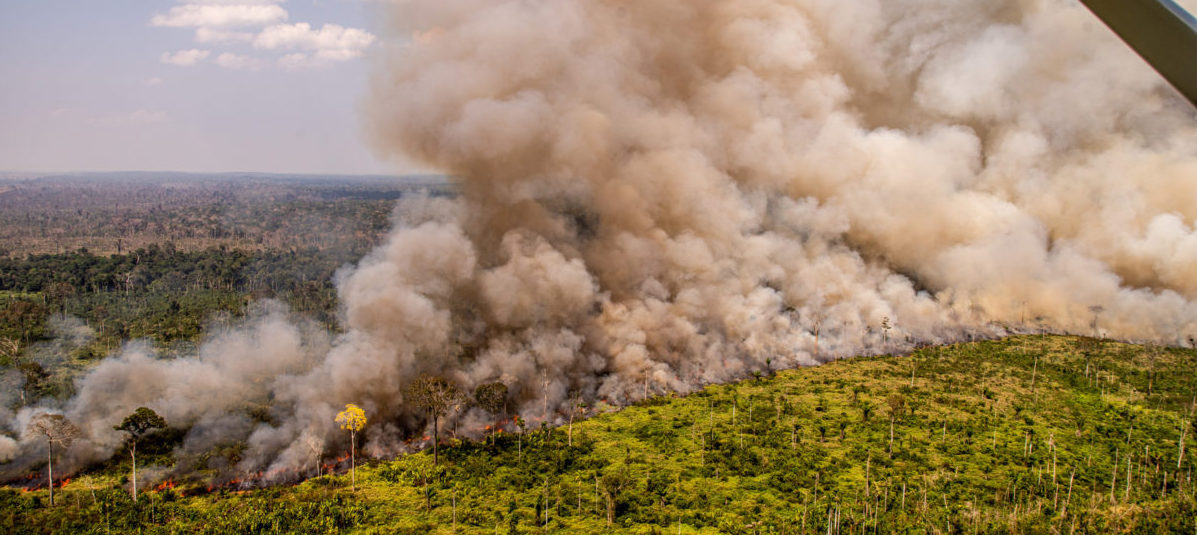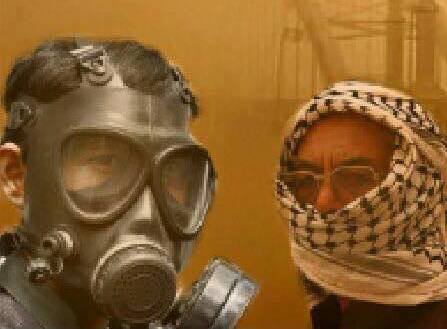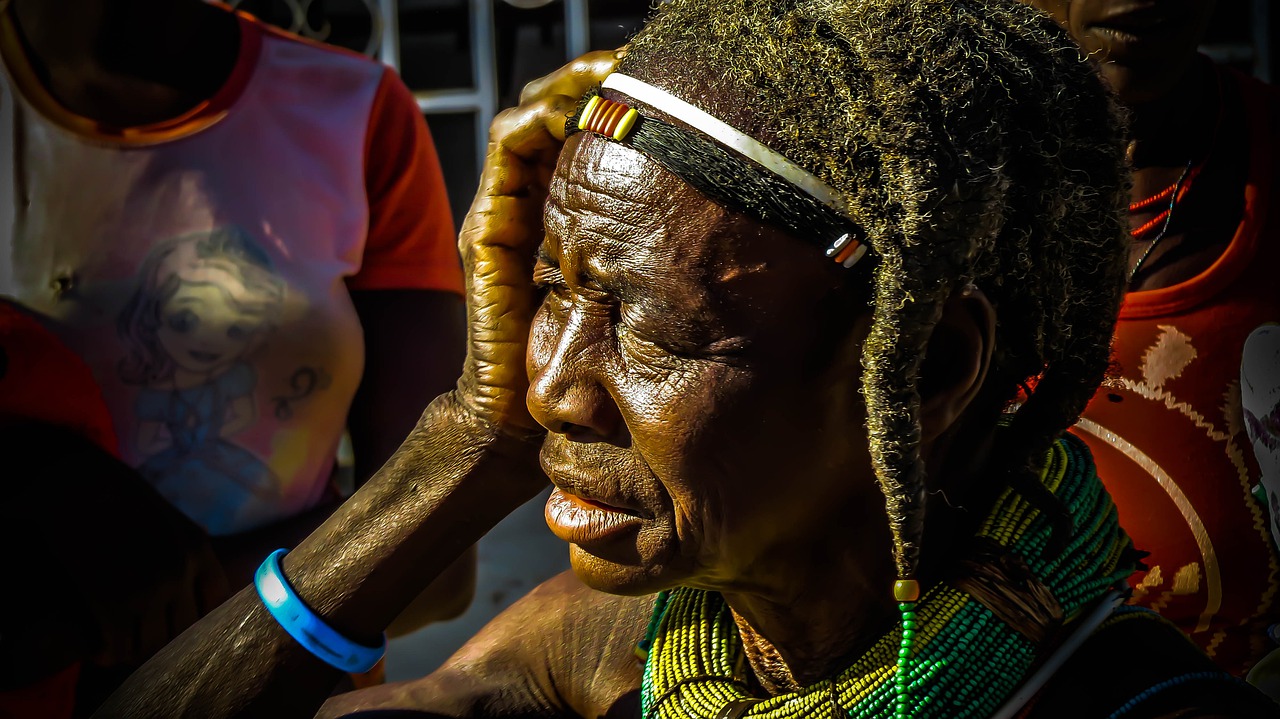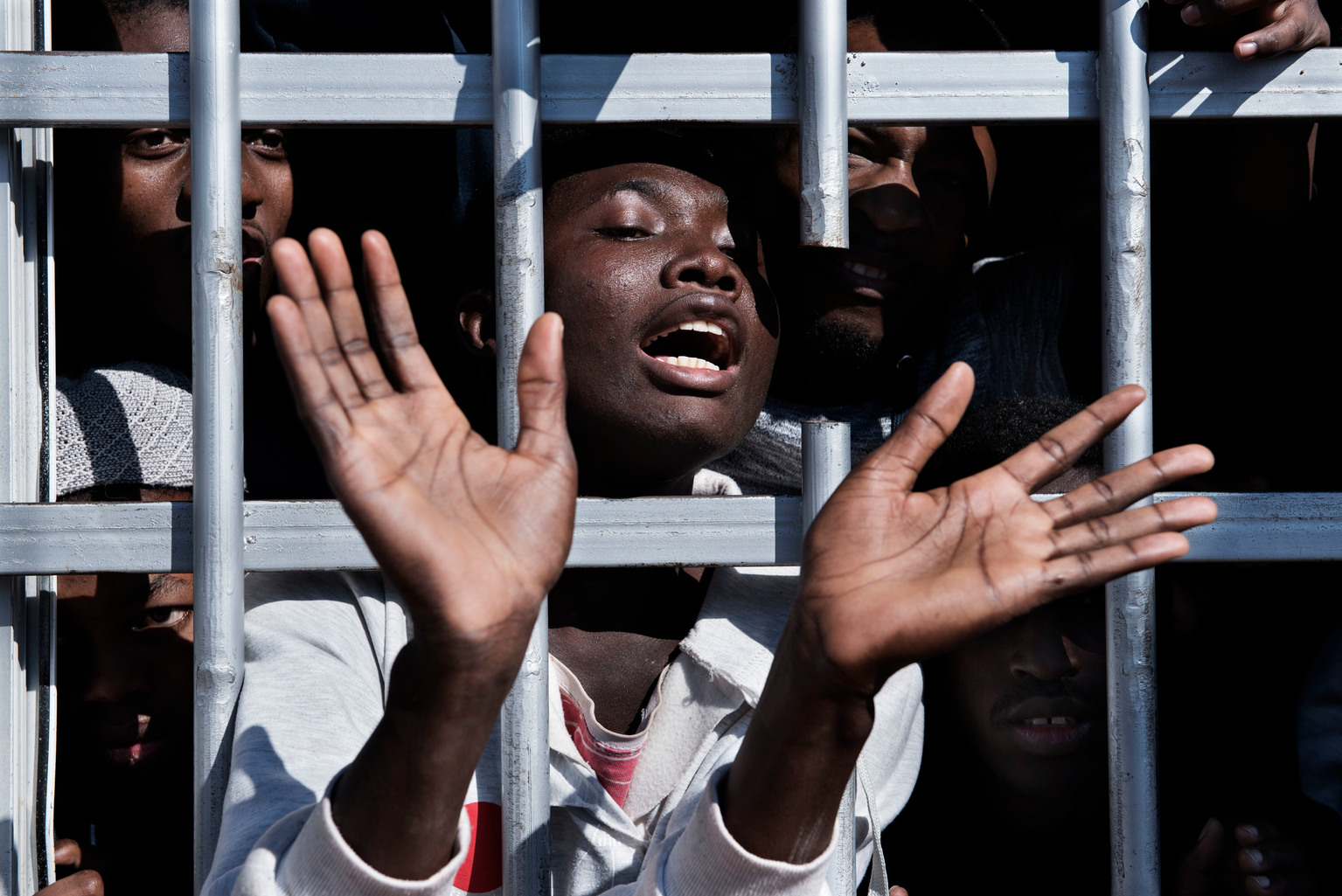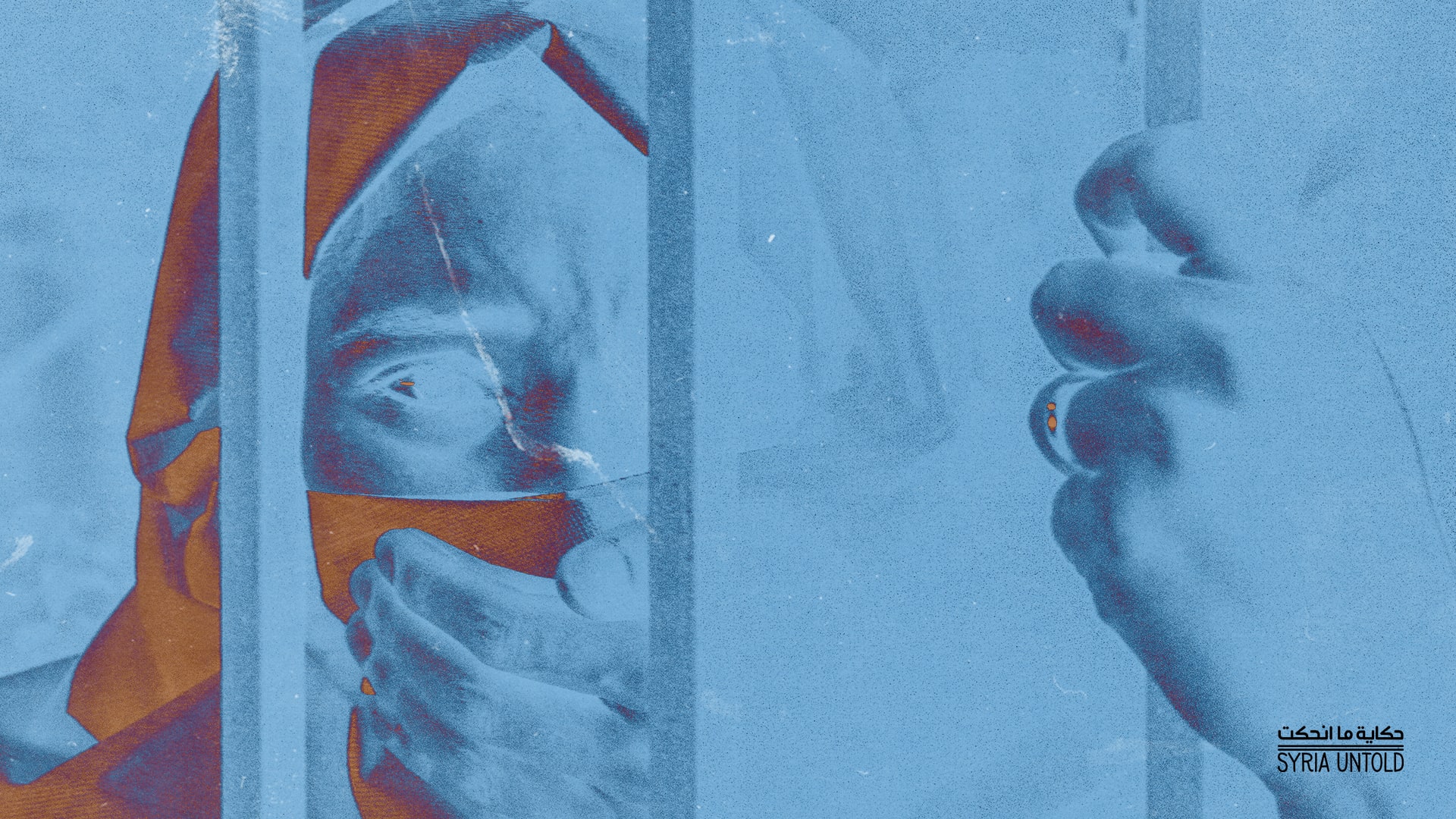
US imposes sanctions on Syria prisons, rebels
The Office of Foreign Assets Control (OFAC) of the US Treasury Department imposed sanctions on eight prisons run by Syrian President Bashar Assad’s intelligence unit, for human rights abuses against political prisoners and other detainees. Additionally, OFAC added five senior security officials of Assad’s regime who control the detention facilities to the Treasury’s Specially Designated Nationals & Blocked Persons List. According to OFAC, the regime has imprisoned hundreds of thousands of Syrians during the war, of whom at least 14,000 have been tortured to death, with a further 130,000 missing and believed to be under arbitrary detention. OFAC also placed sanctions on Syrian armed rebel group Ahrar al-Sharqiya and two of its leaders for abuses against civilians. (Image: Syria Untold)



